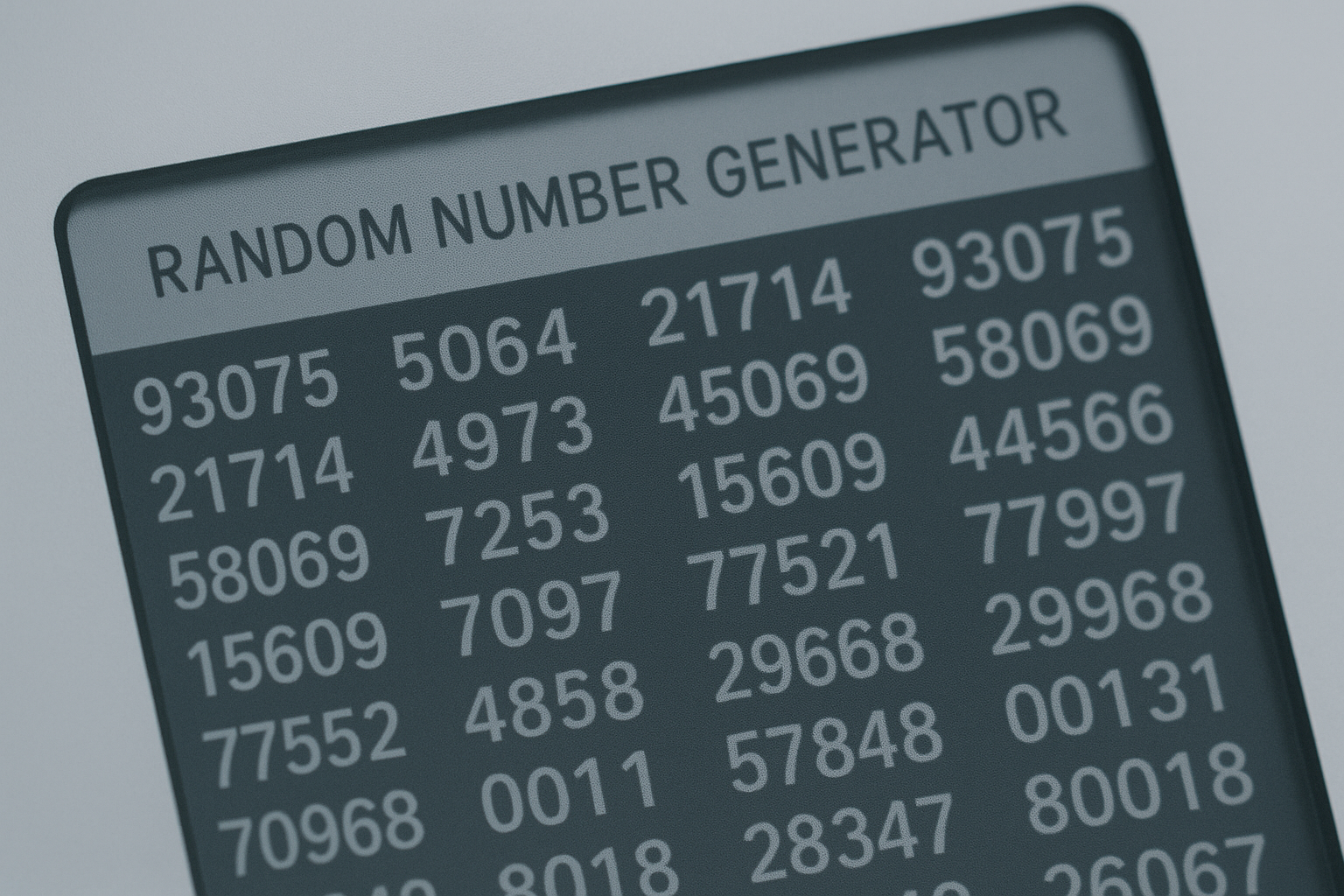Random Number Generators (RNG) play a vital role in ensuring fairness in digital gaming. This article explores how RNGs work and their importance in maintaining transparency and trust in gaming environments.
Random Number Generators are essential for fairness in digital gaming, providing unpredictability and integrity. They ensure that every game outcome is independent and fair, which is particularly important in online environments. For educators, RNGs present an excellent opportunity to teach concepts of randomness and probability. In the context of online casino games for real money, understanding these mechanics is not just an academic exercise but a practical necessity for players seeking fair play.
How RNG works in Digital Games
Random Number Generators are algorithms designed to produce sequences of numbers that lack any pattern. In digital environments, these sequences ensure that game outcomes are completely random, a key factor in maintaining fairness. By simulating randomness through complex mathematical processes, RNGs prevent predictability that could otherwise be exploited. This technology is not just crucial for fairness but also underpins the integrity of gaming systems.
RNGs function much like a sophisticated dice roll, where each roll is independent of the last. In digital games, this means each card dealt or symbol spun is determined without bias. This randomness is critical for user trust, as it guarantees that neither the player nor the operator can manipulate outcomes. Moreover, RNGs can generate results faster and more reliably than manual methods ever could.
The transparency provided by RNGs enhances player confidence and satisfaction. When gamers understand the mechanics behind these generators, they recognise that success or failure hinges on chance rather than manipulation. Consequently, RNGs serve as a foundation for fair play across various gaming platforms.
Teaching Probability and Fairness
The concept of RNG offers educators a unique tool to illustrate principles of probability and fair play. By examining how randomness is achieved through algorithms, students gain insights into both math and computer science applications. Teachers can use practical examples from gaming to explain complex topics like permutations and combinations, making abstract concepts tangible.
Engaging students with real-world applications enhances their understanding and interest in probability theory. Games provide a relatable context where learners can witness theoretical principles in action. Such educational exercises demystify randomness, showing its relevance beyond traditional mathematics classrooms.
Furthermore, teaching about RNG fosters critical thinking about digital ethics and game design. Students learn to question how fairness is implemented in various contexts, preparing them for careers in tech industries where such knowledge is increasingly valuable.
RNGs in Real-money Gaming
In online gaming scenarios involving real money stakes, RNG implementation is paramount to uphold fairness and transparency. While not overtly discussed as “online casino games for real money,” the underlying technology ensures all players receive equal chances at winning. This transparency forms the cornerstone of ethical gaming practices that safeguard player interests.
Operators rely on certified RNG systems to validate the randomness of game outcomes consistently. These systems undergo rigorous testing by independent agencies to verify their reliability and impartiality. This ensures that whether you’re spinning a virtual roulette wheel or drawing a digital card, each result stems from pure chance.
The credibility of online platforms hinges on these certifications; they assure players that they are engaging with honest operators committed to fair play standards. Thus, understanding how RNG works can enhance your appreciation of the mechanisms behind your favorite games.
The Educational Value of RNG
An understanding of Random Number Generators extends beyond gaming; it represents a practical teaching point within math and computer science curriculums. By dissecting how these systems operate, students appreciate the intersection between mathematics and technology in real-world scenarios.
This knowledge is vital as digital literacy becomes increasingly important in contemporary education settings. As students explore technological advances shaping our world today, recognising the role of randomness strengthens their analytical skills and adaptability.
Ultimately, mastering RNG concepts empowers learners to approach digital environments with a critical mindset—one that appreciates both the art of game design and the science ensuring its fairness.





